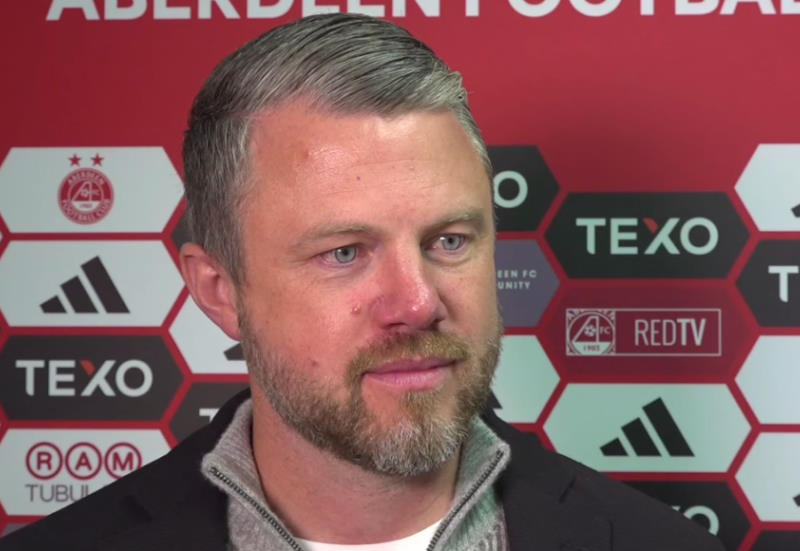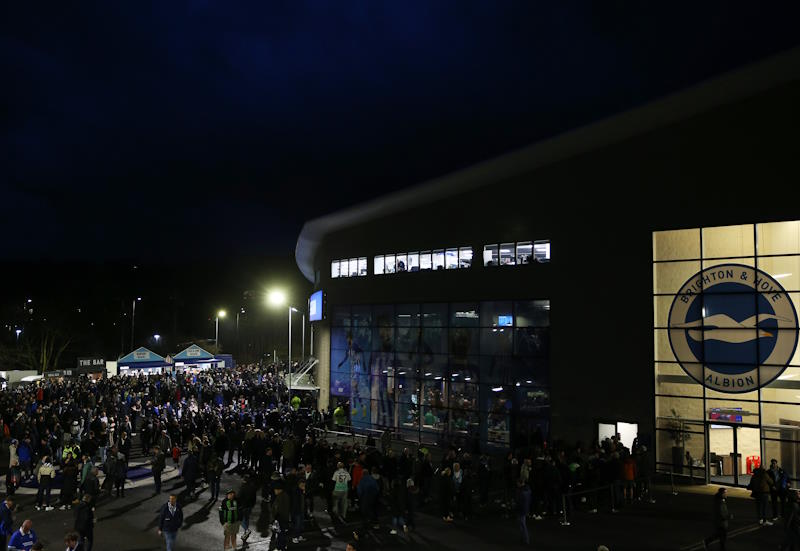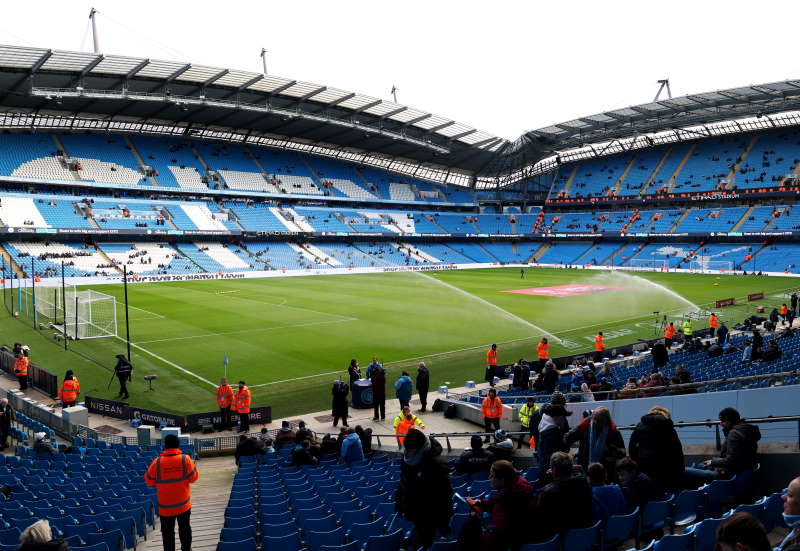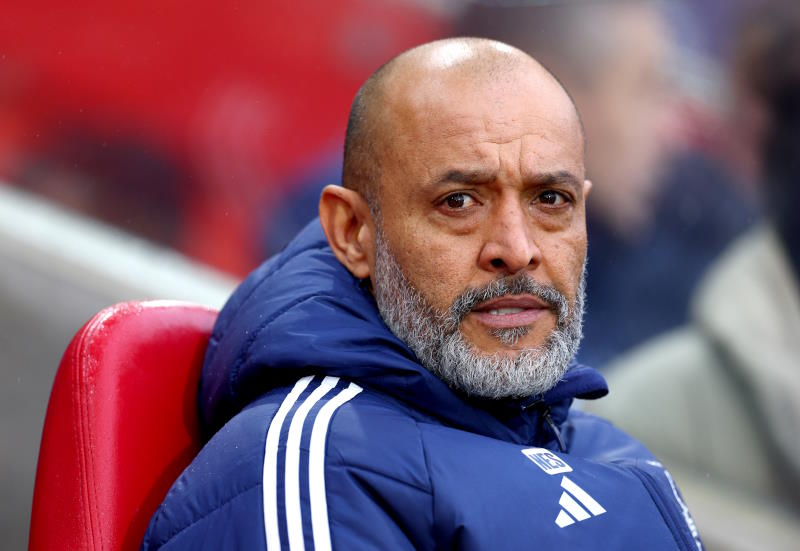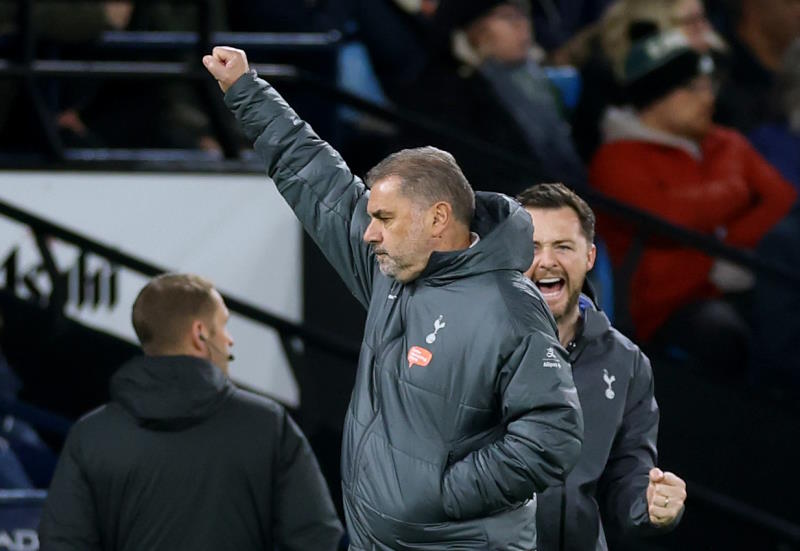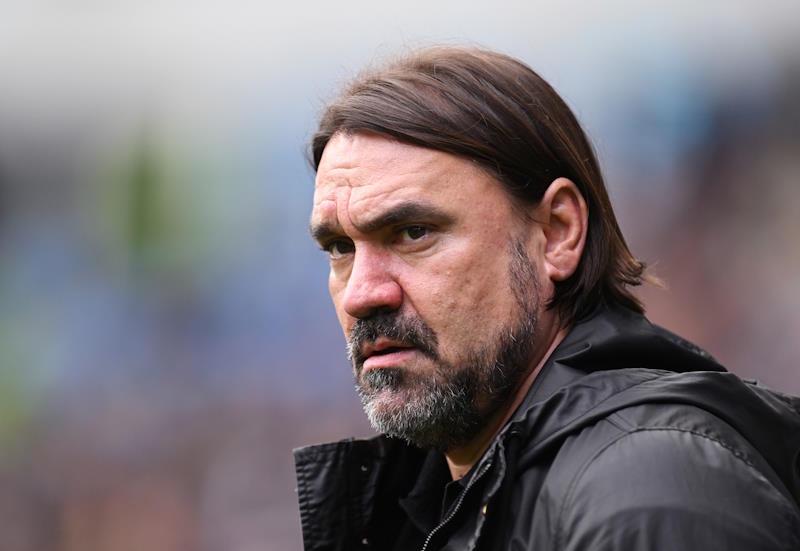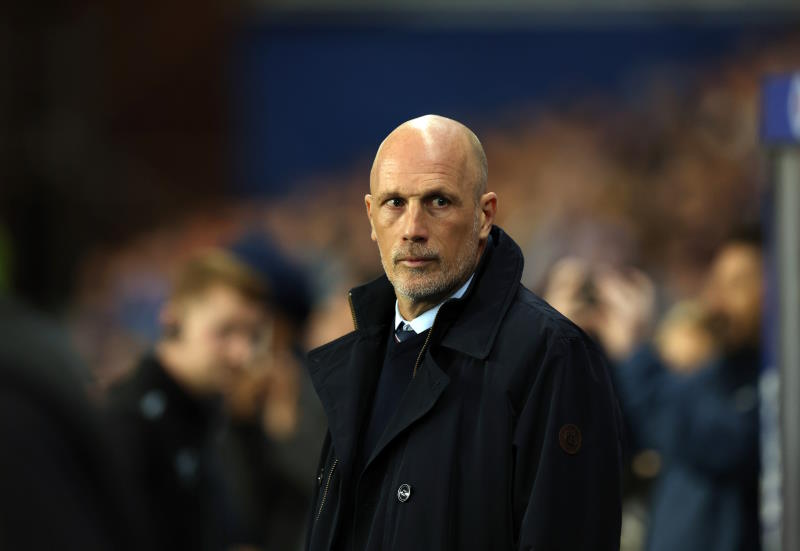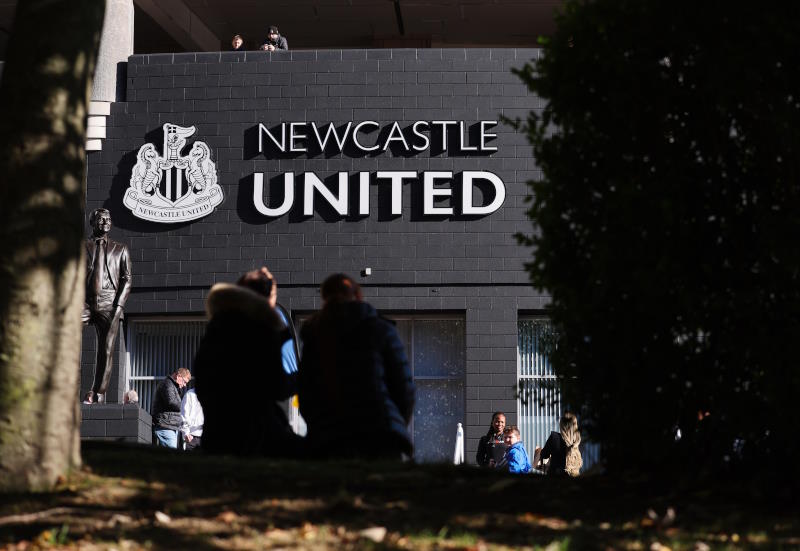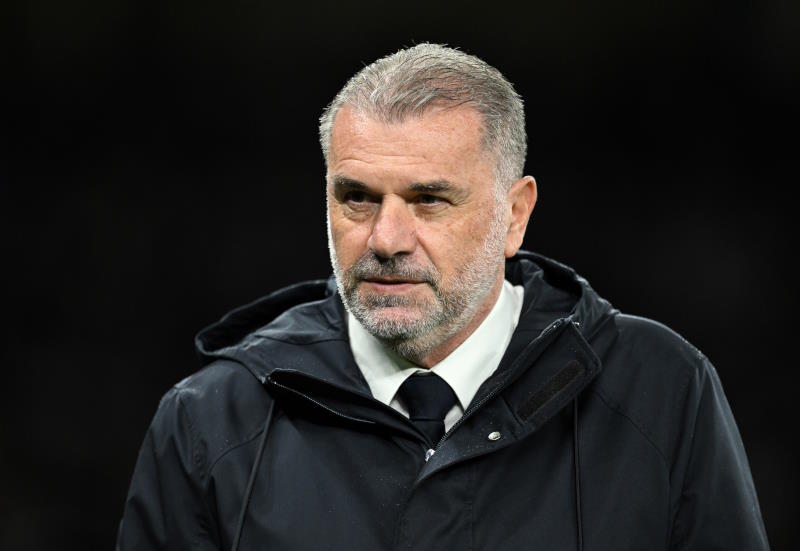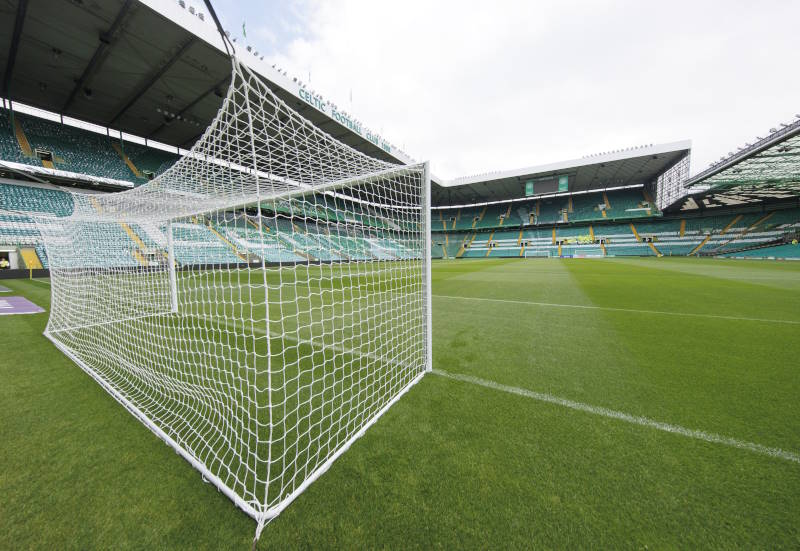
Rainier Plahar
A decade ago Media Partners led by AC Milan president Silvio Berlusconi began calls for a European Super League, one where the top European sides would play each other at least twice a year. The idea was borne of Berlusconi’s desire to ensure that his club Milan and other European giants never missed out on top flight European football, as well as milking as much money as possible from television broadcasting rights.
UEFA, clearly rattled by this proposal expanded the Champions League in a move that ensured the continent’s biggest clubs, popularly referred to the now defunt G-14, are almost always amongst the participating teams in the lucrative tournament. The big clubs seemed pacified. Temporarily.
These days, the bigger clubs that used to make up the G-14 are all mired in debt. And calls for a Super League are gathering momentum once again. The shout is led this time not by Berlusconi, who is seemingly distracted with his duties as his Italy’s prime minister, but flamboyant Real Madrid president Florentino Perez. Perez said as recently as July that a Super League has to be created, one where the best will play the best, something he said that is not a certainty in the Champions League. Anyone who knows Perez knows that as over ambitious as he may seem, the construction magnate has a knack for fulfilling those ambitions.
Arsene Wenger, the Arsenal boss, has gone as far as predicting that the Super League will commence within the next 10 years. According to Wenger, who holds a masters degree in economics, the financial strain on the big clubs is such that revenue from the Champions League will not be enough for some, hence some form of Super League is inevitable. The projected revenue for this year’s Champions League is a massive $1.55 billion, minus revenue from television rights, which is a huge 33% increase from last year’s edition. UEFA’s commendable egalitarian policy however means that money will be shared across the board to all participating clubs. A bigger share of the cake is relative to a club’s success in the competition. In simple terms, the further you progress the more you earn.
With that in mind clubs will undoubtedly target revenue from television rights, which is distributed based on the value of the television market in each country. Perez and advocates of the Super League know that the value of television rights lies in the prospect of the big clubs clashing in the knockout stage of the competiton and not the humdrum games of the group phase. Clashes amongst the European giants will be the basis of the Super League, hence revenue will undoubtedly spiral and be far worth more than it is now.
It will be interesting to see how UEFA under Michel Platini deal with renewed calls for a Super League. Platini is a football traditionalist. The Frenchman has stated his desire to see the Champions League revert to something similar to the former European Cup. He wants European football to be more inclusive, and importantly, since it goes against the grain of a select Super League, more open to clubs outside the major leagues. The UEFA president wants to spread European football’s wealth, clearly his ideas make him anathema to proponents of the super League, but his supporters argue that Michel Platini is a man who wants to preserve what is left of football’s history and tradition.
But even Platini for all his ideals has not entirely dismissed talks of a Super League as most traditional fans would have expected. “Everybody knows my philosophy about European competitions, but the world is changing and we must be careful about that. If it was up to me, I would revert to European Cups as they were at the beginning, with just knockout rounds. But we must listen carefully to any suggestion. If clubs come and talk to us, we would listen to them and then decide.” Those are the not the reassuring words many would have expected to hear from Platini.
Perhaps footballing tradition and history been compromised too much already. Club owners, in their besotted quest for instant gratification, now purchase and renumerate players with figures equivalent to the entire GDP of Somalia. Club debt is at a record high and the grassroots fan is being priced out of the stadium. More and more top clubs are relying on foreign imports for success.
The Super League may contribute greatly to efface many European giants’ debts, but failing to address the root causes of these debts will only lead to problems emerging again in time. Competition to win honours in the Super League would be very fierce and with all participating teams having the ‘allure’ to attract star and mercenary players, money will undoubtedly be the determining factor in a players choice of club.
And for those teams not judged part of Europe’s elite? Smaller sides outside the Super League would most likely be reduced to the status of feeder clubs, selling players to the highest bidder in a similar fashion to what pertains currently.
The most probable way to avoid such a situation arising would be the introduction of a salary cap in the Super League, an idea Platini would no doubt welcome. Yet one of the only reasons a salary cap is not in effect now, in some form or another, is the impossibility of enforcing one. Platini’s proposals to restrict clubs to a proportion of income to be spent on wages is a noble ideal, but remains some way off.
Perhaps new Super League talk has emerged simply to force UEFA into ceading an ever growing piece of the Champions League income pie to the continent’s giants. Only time will tell, but before then football fans will definately hear more ‘whispers’ of the European Super League.
Related Articles:

